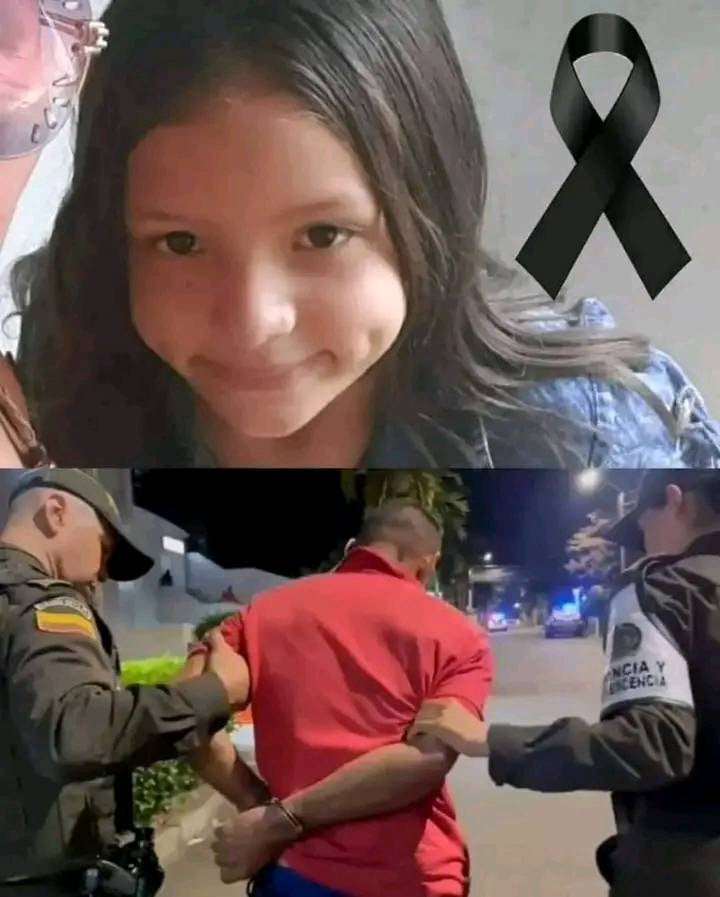Bogotá, Colombia – The name Angie Xiomara Valencia once echoed across social media platforms as a symbol of joy, ambition, and resilience. Friends and followers admired her radiant smile, her boundless creativity, and her determination to turn her dreams into reality. She was the kind of young woman who inspired others without even trying, filling her online spaces with warmth and authenticity. Yet, that bright story came to a sudden and devastating end—an ending that has left a deep scar on the country’s collective heart.
Behind Angie’s story now lingers another name, one that many Colombians have come to associate with horror, betrayal, and cruelty: Víctor Cardona. Once perceived as part of her love story, he has now become, according to investigators, the central figure in the darkest chapter of her life—the person accused of committing the unthinkable against her.
At just 24 years old, Angie was in the prime of her youth. She was a university student, deeply passionate about her studies, with a love for art, cooking, and self-expression. Her social media presence reflected who she truly was—authentic, open, and full of life. She often shared snippets of her daily routine, from new recipes she was perfecting to art projects she was working on, making her followers feel like part of her world.
For some time, she had been romantically involved with Víctor Cardona, a man 12 years older than her. To outsiders, he projected the image of a stable, polite, and even “kind” man. Friends of the couple remember him as attentive in public, someone who seemed to take pride in being by Angie’s side. But, as is often the case with toxic relationships, appearances told only half the story.
Privately, a much darker reality was unfolding. Angie’s closest friends began to notice troubling changes in her behavior. She gradually became more withdrawn, often canceling plans and avoiding social gatherings she once enjoyed. Her cheerful posts grew less frequent, replaced by moments of silence online. “She told us he was jealous,” recalls one friend, choosing to remain anonymous. “He didn’t like her talking to other people. He checked her phone constantly, questioning every message, every call. She was anxious all the time, always on edge.”
Despite the red flags, Angie’s deep feelings for him kept pulling her back. She confided in friends that she loved him, that she believed things could get better, and each time they broke up, she would return to him, holding on to the hope that he might change.
But last Sunday, that fragile hope was shattered forever. The situation reached a tragic and irreversible point. Angie was found lifeless in the apartment she shared with Víctor in the northern part of Bogotá. The scene told a story of unimaginable violence—her body bore clear signs of physical assault and asphyxiation. The brutality shocked even the seasoned investigators who arrived at the scene.
By the time authorities entered the apartment, Víctor Cardona was gone. He had fled, leaving behind the silence of a home that only hours earlier had been filled with Angie’s presence. In that absence, Colombia now grapples not only with the loss of a promising young woman but also with the haunting questions of why love can turn into something so dangerous—and how many other silent tragedies remain hidden behind closed doors.
